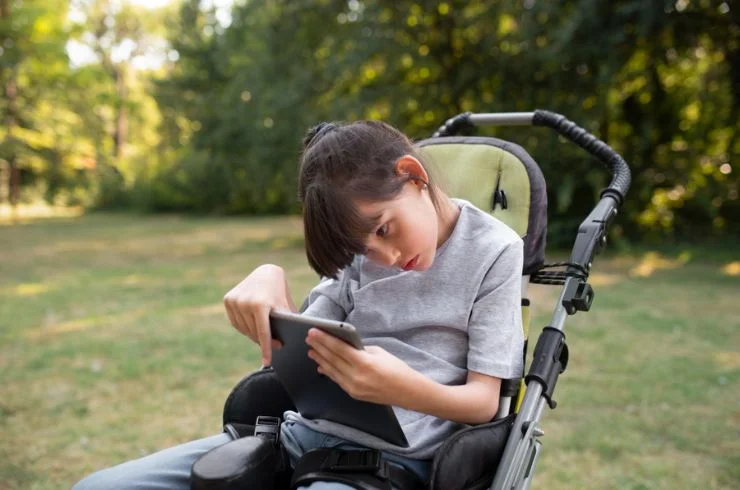
Cerebral Palsy (CP) is a group of permanent movement disorders that appear in early childhood. It is caused by abnormal development or damage to the parts of the brain that control movement, balance, and posture. At our pediatric practice, we are dedicated to providing comprehensive care and support for children with cerebral palsy and their families. In addition to offering medical interventions such as physical therapy, occupational therapy, and assistive devices, our pediatric practice emphasizes a holistic approach to address the unique needs of children with cerebral palsy.
We strive to empower families with education, advocacy, and community resources to navigate the challenges associated with cerebral palsy effectively
Multidisciplinary Evaluation:
Thorough assessments conducted by our multidisciplinary team of medical professionals, including pediatricians, neurologists, physiotherapists, occupational therapists, and speech therapists.
Utilization of advanced diagnostic techniques, such as imaging studies and neurological assessments, to accurately diagnose cerebral palsy and assess its severity.
Personalized Treatment Plans:
Customized treatment plans tailored to address the unique needs and challenges of each individual with cerebral palsy.
Integration of various therapeutic interventions, including physical therapy, occupational therapy, speech therapy, and assistive devices, to improve mobility, independence, and communication skills.
Early Intervention Programs:
Implementation of early intervention programs aimed at maximizing developmental potential and addressing functional limitations in infants and young children diagnosed with cerebral palsy.
Provision of family-centered care and support to empower parents and caregivers in navigating the challenges of caring for a child with cerebral palsy.
Spasticity Management:
Comprehensive management of spasticity and muscle stiffness associated with cerebral palsy through a combination of physical therapy, medications, orthotics, and botulinum toxin injections.
Collaboration with orthopedic surgeons and rehabilitation specialists to address orthopedic complications, such as contractures and scoliosis, commonly seen in individuals with cerebral palsy.
Assistive Technology and Adaptive Equipment:
Assessment and provision of assistive devices, adaptive equipment, and mobility aids to optimize functional independence and participation in daily activities.
Collaboration with assistive technology specialists to customize solutions tailored to the specific needs and abilities of individuals with cerebral palsy.
Family Support and Education:
Provision of comprehensive education and counseling to families, caregivers, and individuals living with cerebral palsy on understanding the condition, managing symptoms, and promoting optimal health and well-being.
Connection to community resources, support groups, and advocacy organizations to facilitate peer support and access to additional services and resources.
Ongoing Monitoring and Follow-up:
Regular follow-up appointments to monitor progress, assess treatment effectiveness, and address any emerging concerns or complications.
Coordination of care with primary care physicians, specialists, and other healthcare providers to ensure continuity of care and holistic management of cerebral palsy.